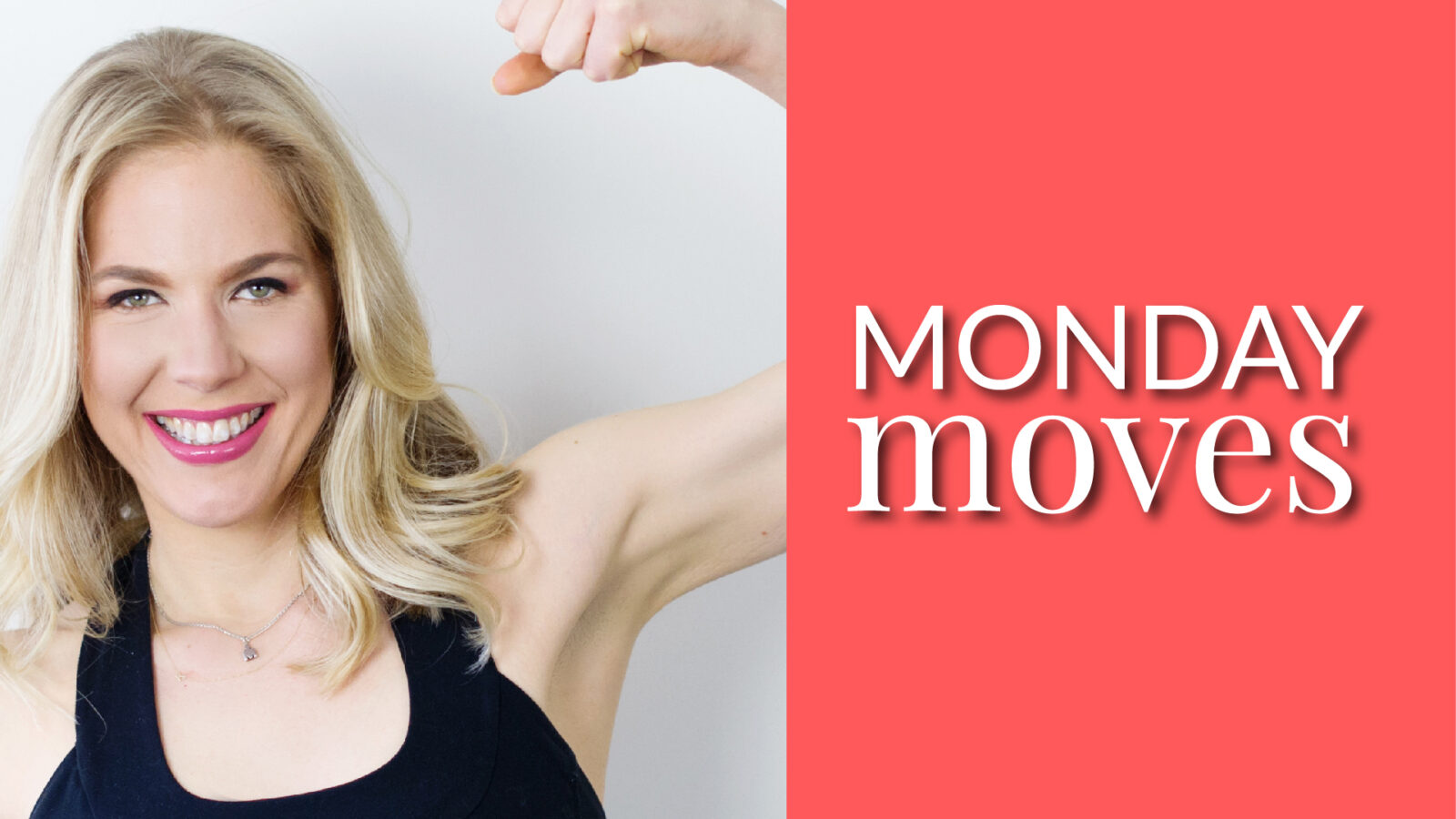You’ve been told breakfast is the most important meal of the day. Is it?

Are you someone who can’t function without fuel first thing in the morning? Or do you not eat a proper meal until lunchtime? According to a new study, it may not matter either way when it comes to your weight.
Contrary to the belief that breakfast helps kick-start your metabolism, research just published in the BMJ found that eating the morning meal may not be the best strategy for weight loss. In fact, researchers concluded that skipping breakfast likely doesn’t lead to weight gain, either.
Researchers out of Australia’s Monash University analyzed 13 breakfast studies that looked at the relationship between breakfast consumption or omission, and changes in body weight. They found that overall, there’s no strong evidence to suggest that breakfast plays an important role in maintaining weight.
“While breakfast has been advocated as the most important meal of the day … there is a paucity of evidence to support breakfast consumption as a strategy to achieve weight loss” in overweight or obese adults, the authors wrote.
“Although eating breakfast regularly could have other important effects, such as improved concentration and attentiveness levels in childhood, caution is needed when recommending breakfast for weight loss in adults, as it could have the opposite effect.”
What’s more, researchers found that overall, “modifying diets to include breakfast consumption was associated with an increase in total daily calories.” They also said there’s no evidence that skipping breakfast was associated with increased total daily caloric intake.
They do point out, however, that their findings need further research as the quality of analyzed studies “was mostly low.”
So, does this mean that eating breakfast can cause weight gain? According to Kathleen Trotter, a Toronto-based nutritionist and personal trainer, it depends on what you are eating — and when.
“Breakfast is basically whenever you ‘break your fast’ — but you can do that at 10 a.m. or 11 a.m. depending on how active you are, if you are trying to gain or lose weight and when you had dinner,” she told Global News.
“You need to have an at least eight-hour — preferably 10-hour — window between your dinner and your breakfast.”
Trotter said that if you’re someone who eats dinner at 6 p.m. and wakes up and goes for a run before work, eating breakfast is important as your body needs fuel. But if you live a more inactive lifestyle, you might not need a lot of calories first-thing in the morning.
“Breakfast can be an excellent way to start your day, but … it can absolutely lead to weight gain if you’re eating the wrong foods or you’re eating too many calories; you don’t need calories at 7 a.m. if you’ve been snacking until 3 a.m. at night.”
What’s vital in the breakfast debate is what you eat, Trotter said.
“The key for breakfast — if you eat it — is consuming protein and healthy fat,” she said. “Both keep you satiated and ‘set you up for the day.’”
The health expert pointed out that if you eat sugary foods, like pastries or certain cereals, for example, you’re likely going to crave more sugar throughout the day. The over-consumption of sugar can lead to weight gain and other health issues, like heart disease and type 2 diabetes, for example.
If you’re someone who does eat breakfast or are someone who wants to start, Trotter said it’s important to eat “real food.” She suggests things like eggs, avocado, vegetables and lentils.
“Don’t treat breakfast as an excuse to have pastries and muffins, which are just cake,” she said.
So, in short, if you’re someone who eats breakfast and maintains a healthy diet, you shouldn’t be overly concerned. Listen to your body, nourish it the way it needs, and keep a balanced diet in mind.












